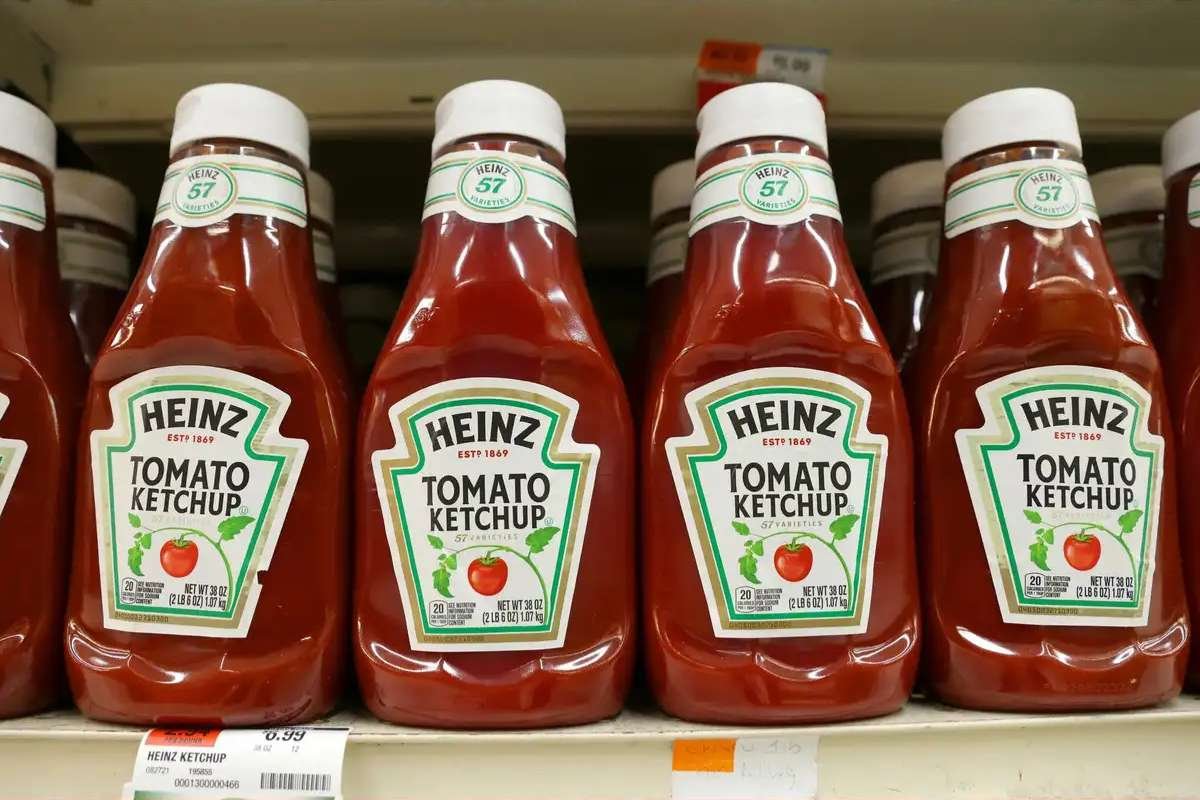Kraft Heinz, the packaged-food giant formed in 2015 through the merger of Kraft Foods and Heinz, announced it will split into two publicly traded companies by late 2026. The decision follows a decade of underperformance that erased roughly $57 billion in market value and turned one of Warren Buffett’s most high-profile deals into a rare investing disappointment.
Shares of Kraft Heinz dropped 7% after the announcement. Berkshire Hathaway, which owns a 27.5% stake, remains the company’s largest shareholder. Buffett, candid in his assessment, admitted the merger did not deliver its intended benefits. “It certainly didn’t turn out to be a brilliant idea to put them together,” he told CNBC, adding that reversing the merger is unlikely to solve deeper challenges.
Two New Companies
The breakup will create two distinct businesses designed to sharpen focus and improve brand support:
- Global Taste Elevation Co. will concentrate on global brands such as Heinz ketchup, Kraft Mac & Cheese, and Philadelphia cream cheese.
- North American Grocery Co. will manage staples like Oscar Mayer, Kraft Singles, Maxwell House, and Lunchables. Current CEO Carlos Abrams-Rivera will lead this unit, while the board searches for a chief executive to run Global Taste Elevation.
Executive chair Miguel Patricio framed the separation as a way to simplify capital allocation and better support brand growth. “We can allocate the right level of attention and resources to unlock the potential of each brand,” he told the Wall Street Journal.
A Decade of Decline
The split follows years of struggles that have tested investors’ patience. Since the Kraft-Heinz merger, the company has endured:
- More than $57 billion in lost market capitalization.
- $15 billion in brand write-downs amid declining relevance.
- Shifting consumer demand away from processed and packaged staples.
Buffett himself acknowledged the challenges as early as 2019, admitting that Berkshire “overpaid for Kraft.” While Brazilian private equity firm 3G Capital, co-architect of the deal, has reduced its exposure, Berkshire remains heavily invested.
Industry Context
Analysts say the breakup reflects broader issues in the packaged-food sector. Robert Moskow of TD Cowen noted that large food conglomerates often misjudge the advantages of scale. “Food companies have found that their breadth of influence in the grocery store does not necessarily yield the advantages they expected,” he said.
Similarly, Yahoo Finance executive editor Brian Sozzi cautioned that additional marketing support may not be enough. “More marketing support isn’t some form of magic elixir,” he wrote, emphasizing that structural shifts in consumer behavior remain the core challenge.
The company’s flagship brands, while iconic, have struggled to align with consumer preferences for fresher, healthier, and less processed foods. Even with increased marketing budgets and a leaner structure, analysts question whether the breakup will reignite sustainable growth.
Lessons for Entrepreneurs
For entrepreneurs and business leaders, the Kraft Heinz split underscores the risks of pursuing growth through large-scale mergers without sufficient adaptation to market shifts. Efficiency gains and cost-cutting may provide short-term relief, but long-term success depends on staying relevant to evolving consumer preferences.
The case also highlights the importance of brand agility. Legacy recognition alone is no guarantee of continued success in industries where consumer expectations are rapidly changing.
Looking Ahead
As the two new companies prepare for their separation, investors will watch closely to see whether the move creates more focused strategies and healthier balance sheets. For Buffett, who is set to hand the reins of Berkshire Hathaway to Greg Abel later this year, the Kraft Heinz experience stands as a rare reminder that even seasoned investors are not immune to misjudging industry dynamics.
Whether Global Taste Elevation and North American Grocery can stabilize performance remains uncertain, but the split closes a difficult chapter in one of the food industry’s most ambitious mergers and offers lessons for businesses navigating changing consumer landscapes.
Visit Enterprise Wired for the most recent information.
Source:
https://edition.cnn.com/2025/09/03/business/kraft-heinz-nightcap










